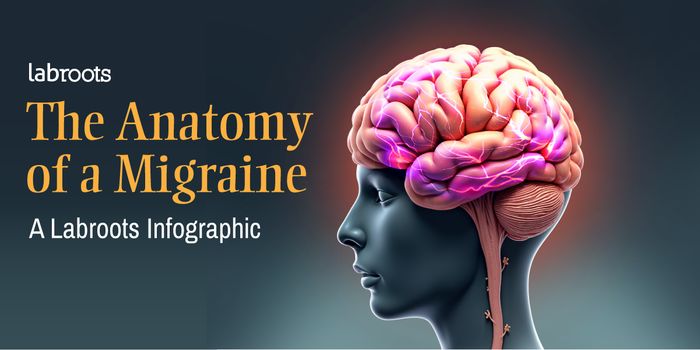Ebola hemorrhagic fever is a severe, often fatal disease in humans and primates such as monkeys, gorillas, and chimpanzees. It is caused by infection with a virus of the family Filoviridae, genus Ebolavirus.
In the 2014 outbreak in Africa, an estimated 6,000 people have been infected, and more than 3,000 people have died. World leaders are working to address the worst-ever Ebola epidemic, though so far the international response has been “lethally inadequate.” Compounding the problem are the wide geographic spread, weak healthcare infrastructures in the impacted countries, and community mistrust and resistance, according to the medical humanitarian organization.
However, new discoveries in treatment and prevention are on the rise and will hopefully bring hope and much needed care to those in Africa and worldwide.










